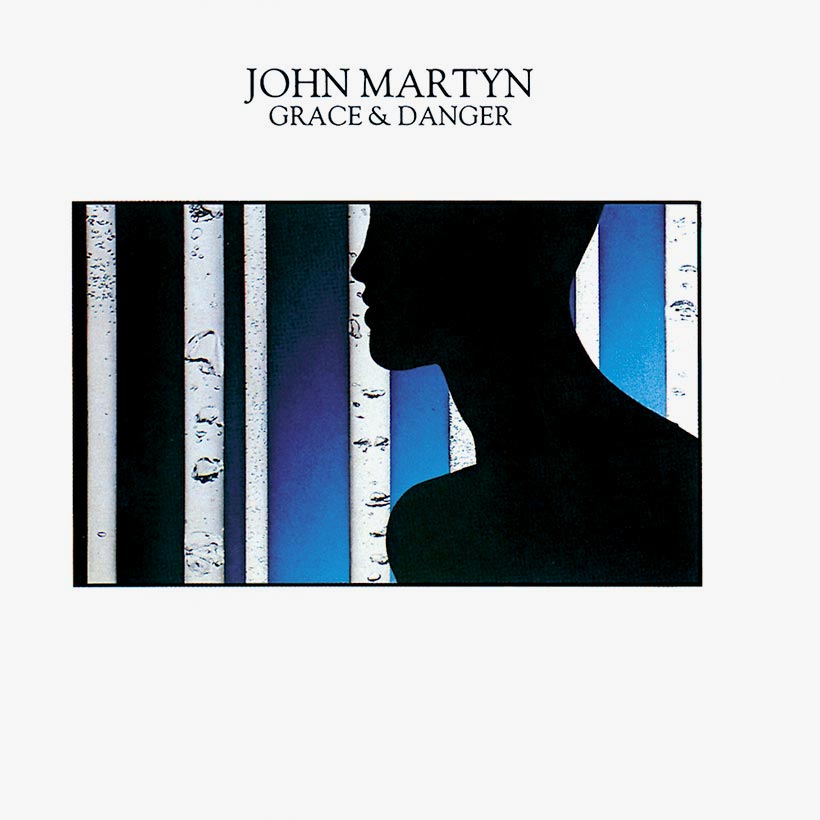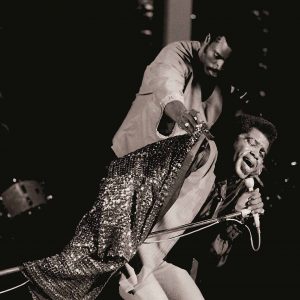Born in Surrey but raised in Glasgow, John Martyn only began playing guitar when he was 15, yet within two years he was already eking out a living from his music. Prodigiously talented, the teenage Martyn was initially mentored by Scottish folkie Hamish Imlach (whose other protégés included Billy Connolly and Christy Moore), and he cut his teeth playing around local Glaswegian clubs. After gaining acceptance on the competitive London folk circuit, however, Martyn signed to Chris Blackwell’s upwardly mobile Island imprint and released his sparse, wholly acoustic debut LP, London Conversation, in October 1967. Though initially aligned with the era’s folk acts, Martyn quickly branched out. Over the following decade, he accrued an eclectic catalog of critically hailed, pigeonhole-dodging releases including Stormbringer!, Solid Air, One World, and his eighth solo album, Grace And Danger: records which drew upon blues, jazz, reggae, and even elements of what would now be classed as “world music.”
Listen to Grace And Danger on Apple Music and Spotify.
In 1969, Martyn married fellow singer-songwriter Beverly Kutner, who was then working with Nick Drake/Fairport Convention producer Joe Boyd. Both domestically and vocationally, the couple initially enjoyed a harmonious relationship, with Stormbringer! and November 1970’s The Road To Ruin credited to both John and Beverly Martyn. However, their marriage broke down by the end of the 70s, and its collapse – and their subsequent divorce – later provided the inspiration for Grace And Danger.
Highly personal and sometimes almost unbearably poignant, the album remains one of the most charged and resonant titles in John Martyn’s canon. Indeed, the record’s painfully intimate contents initially disturbed Chris Blackwell so much that, while the album was completed in October 1979, he held up its release and only agreed to issue it a full 12 months later, in October 1980.
The emotional turmoil, however, spurred Martyn on to new heights of creativity. Eschewing his trademark effects-laden acoustic guitar in favor of a heavier electric Gibson SG, he recorded Grace And Danger with a dextrous, sympathetic in-studio band including bassist John Giblin and Genesis drummer/solo star-in-waiting Phil Collins.
Together, the ensemble pieced together a raw, affecting, and frequently sublime selection of tracks whose moods reflected the maelstrom of emotions Martyn was then working through. There was a clutch of wracked, introspective ballads (the self-explanatory “Hurt In Your Heart”; the plaintive, resigned “Sweet Little Mystery”) but these were balanced out by the angry, sarcastic titular song, the bittersweet blue-eyed soul of “Our Love” and an unexpected, but brilliantly realized reworking of The Slickers’ 1971 reggae hit “Johnny Too Bad.”
Though its creator later admitted that writing Grace And Danger had been “very cathartic”, the album was warmly received by fans and critics alike, who collectively agreed that this fiery troubadour had somehow alchemized artistic gold from the depths of despair. The record marked a turning point in Martyn’s commercial fortunes too, with its more mainstream-inclined follow-up, 1981’s Glorious Fool, introducing him to the UK Top 30 for the very first time.




